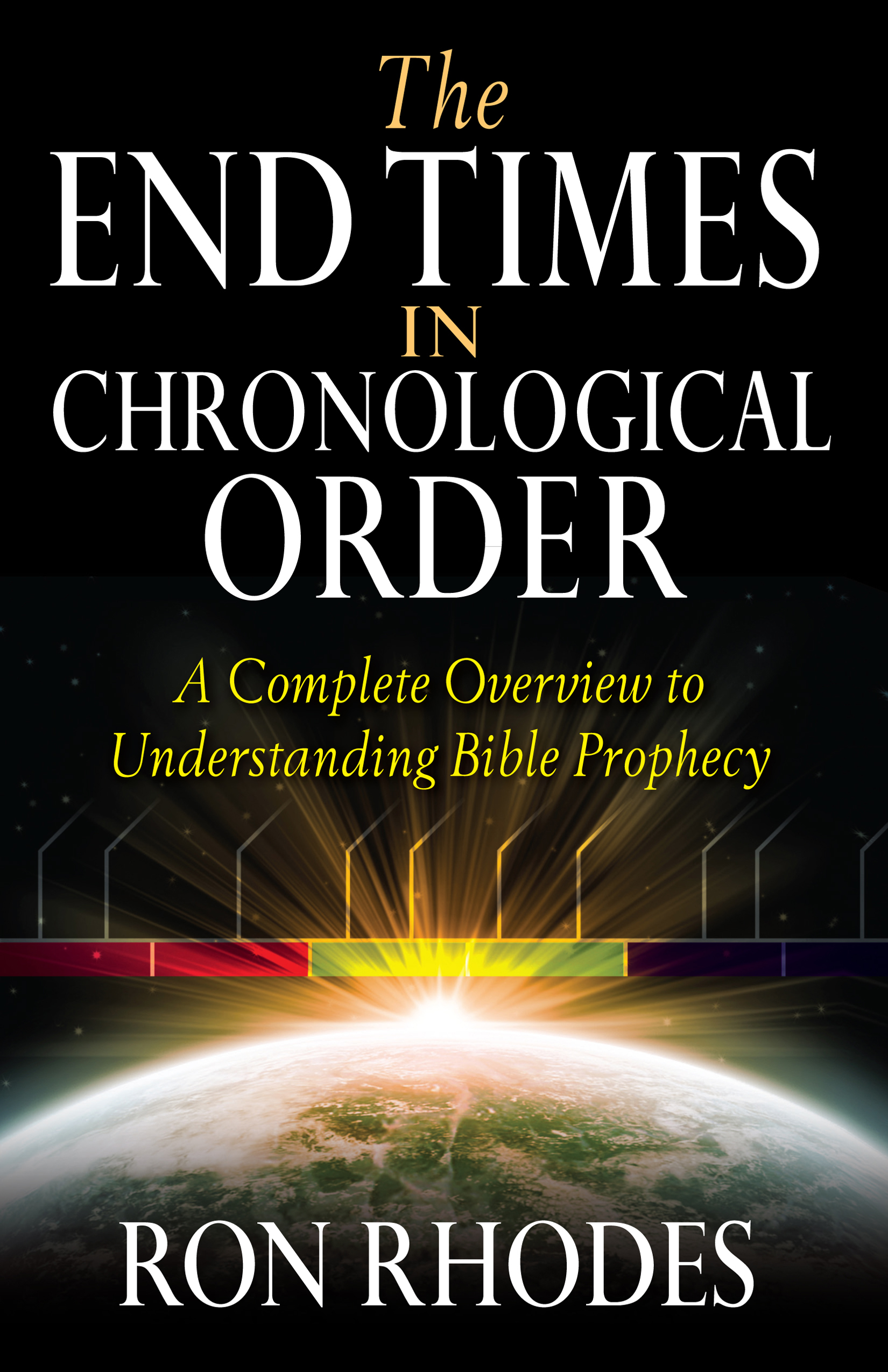Scripture reveals we will experience body transformations at the rapture:
- In an instant—in the twinkling of an eye—dead believers will be raised from the dead (1 Corinthians 15:52).
- Then the bodies of living Christians will be instantly transformed into glorified bodies (1 Thessalonians 4:17).
- All of us will then meet the Lord in the air.
- From that moment forward, we will never again be subject to the frailties of weak mortal bodies. No more sickness. No more aging. No more death (Revelation 21:4).
The apostle Paul contrasts our present mortal bodies with our future glorified bodies in 1 Corinthians 15:42-44. He begins by affirming that “what is sown is perishable; what is raised is imperishable” (verse 42). The reference to sowing is a symbolic reference to burial. Just as one sows a seed in the ground, the mortal body is “sown” in the sense that it is buried in the ground following death. When our bodies are placed in the grave, they decompose and return to dust.
The exciting news is that the decomposed bodies of dead believers will be gloriously resurrected. They will be raised imperishable. All liability to aging, disease, and death will be forever gone.
Paul says that the earthly body “is sown in dishonor” but “it is raised in glory” (1 Corinthians 15:43). We may bring some level of honor to a funeral service by dressing our dead loved ones in their best clothes, purchasing a nice-looking casket, displaying lots of beautiful flowers, and offering glowing eulogies. We should certainly do all these things. But underlying it all is that death—despite our best efforts to camouflage it—is intrinsically dishonoring. After all, human beings were created to live forever with God, not to die and then be lowered deep into the ground, after which one decomposes into dust.
Our new bodies will be indescribably glorious. No dishonor here. Our new bodies will never again be subject to aging, decay, or death. Never again will our bodies be buried in the ground.
Paul then says the earthly body “is sown in weakness” but “it is raised in power” (1 Corinthians 15:43). From the moment we are born, “our outer self is wasting away” (2 Corinthians 4:16; see also 1:8-9). Vitality decreases, illness comes, and then old age follows with its wrinkles and decrepitude. Eventually, in old age, we may become increasingly incapacitated.
Though none of us likes to get old, there is a notable spiritual benefit:
- God uses the progressive aging process to gently shift our priorities, slowly turning our attention from this temporal world to the afterlife.
- The older we get, the more we look forward to the things of heaven.
- The more our earthly bodies fail us, the more we look forward to our future glorified bodies.
These new bodies will be powerful and enduring. Paul emphasizes this in a wonderful word picture in 2 Corinthians 5:1-4: For we know that if the tent that is our earthly home is destroyed, we have a building from God, a house not made with hands, eternal in the heavens. For in this tent we groan, longing to put on our heavenly dwelling, if indeed by putting it on we may not be found naked. For while we are still in this tent, we groan, being burdened—not that we would be unclothed, but that we would be further clothed so that what is mortal may be swallowed up by life.
Paul likens our present earthly bodies to tents and our future glorified bodies to buildings. Two observations are noteworthy:
What did Paul mean when he said our present bodies make us groan (2 Corinthians 5:4)?
To make the verse easier to understand, I’ve inserted some explanatory comments: “While we are in this tent [of our present mortal body that is aging], we groan and are burdened, because we do not wish to be unclothed [when our mortal bodies die] but to be clothed instead with our heavenly dwelling [our glorified body], so that what is mortal [our mortal and dying earthly body] may be swallowed up by life [with our eternal glorified body].”
Paul indicates that being “unclothed”—that is, being without a physical body as a result of death—is a state of incompletion and, for him, carries a sense of nakedness (1 Corinthians 15:3). Even though departing to be with Christ in a disembodied state is far better than life on earth (Philippians 1:21-23), Paul’s true yearning was ultimately to be “clothed” with a physically resurrected body (2 Corinthians 5:6-8). That yearning will be fully satisfied at the rapture.
The apostle Paul closes this section of Scripture by affirming that God has given us the Holy Spirit as a deposit of what is to come in the afterlife (2 Corinthians 5:5). There are three things about this that are important to remember:
1. The Greek word translated deposit was used among the Greeks to refer to a pledge that guaranteed final possession of an item.
2. The word was sometimes used as an engagement ring, which guaranteed that a marriage would take place.
3. The Holy Spirit is a “deposit” in the sense that His presence in our lives guarantees our eventual total transformation and glorification into the likeness of Christ’s glorified resurrection body.
My friends, these glorious truths invigorate my spiritual life.
I pray the same is true for you.

Read more in The End Times in Chronological Order
by Ron Rhodes



